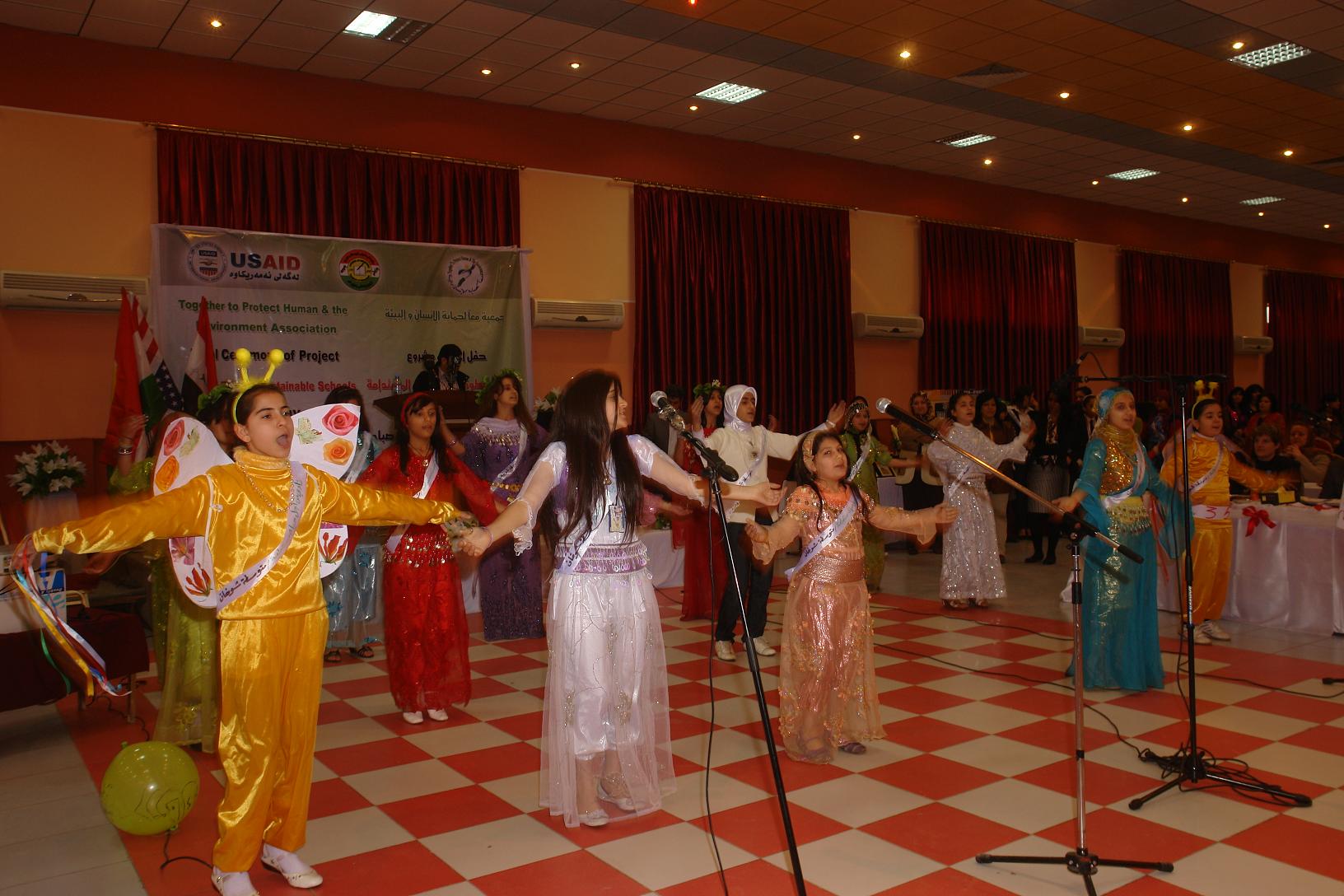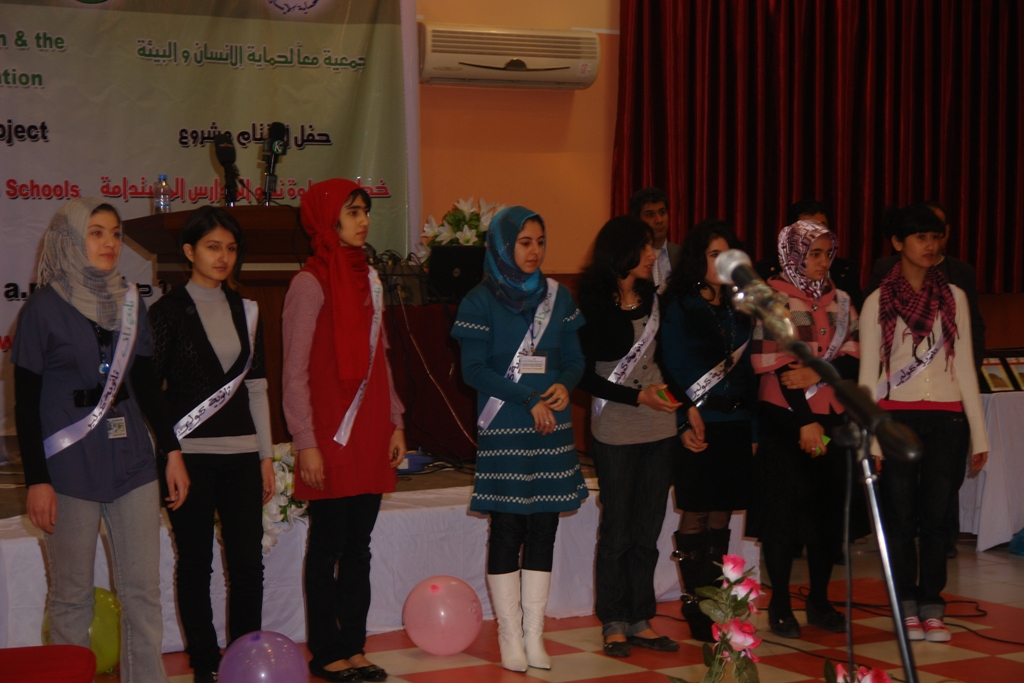
Young women from the Together organization in Erbil, Iraq
As you may remember from earlier this season, we at LitWorld launched a campaign to benefit students in Iraq called "Change is in the Air", a campaign to send school supplies to Iraqi children. Our efforts to build with Iraq doesn't stop there. We've also partnered with an organization called Together to launch a Girls Club in Erbil, Iraq. Recently, we got a chance to interview our Erbil Girls Club Leader, Saadia Hassoon, so she can properly introduce the Girls Club. Read on to see what it's all about!
 1.)What is the learning environment like at Erbil? Can you describe what the schools and classrooms are like for the children there?
1.)What is the learning environment like at Erbil? Can you describe what the schools and classrooms are like for the children there?There are three types of learning environment in Erbil, I will describe them below.
*Private Schools (one American school –Shwaifat ): This is very expensive, and only rich people can send their children. They are very good schools, and the teaching language is English for all levels.
*Less Expensive Private Schools (Turkish school- Ishiq,): The teaching language also English, as well as Turkish. Also Media school is a good private school.
*Typical Public Schools –These types of schools accept only high scoring students, and are also very good schools, with no fees from students.
*Schools for talent students, only one school in Erbil, one in Mosel, and more than one in Baghdad.
Then there are many other public schools with many needs like:
Bad bathroom facilities and a lack of healthy drinking water, no labs for physics, chemistry, biology, language, painting, music, or art, and no entertainment activities. Teachers who teach here are in need of new training in their teaching practices.
2.)What are some of the greatest needs of the girls in Iraq? What are some of their most pressing challenges?
Girls in rural areas present the greatest needs. Their greatest challenges are illiteracy, tribal habits, violence, and early marriage, which prevents them from continuing the studying process.
Among these, the most pressing challenge is illiteracy, because we realize that when we combat illiteracy, then we can go forward and fight for other women’s rights.
